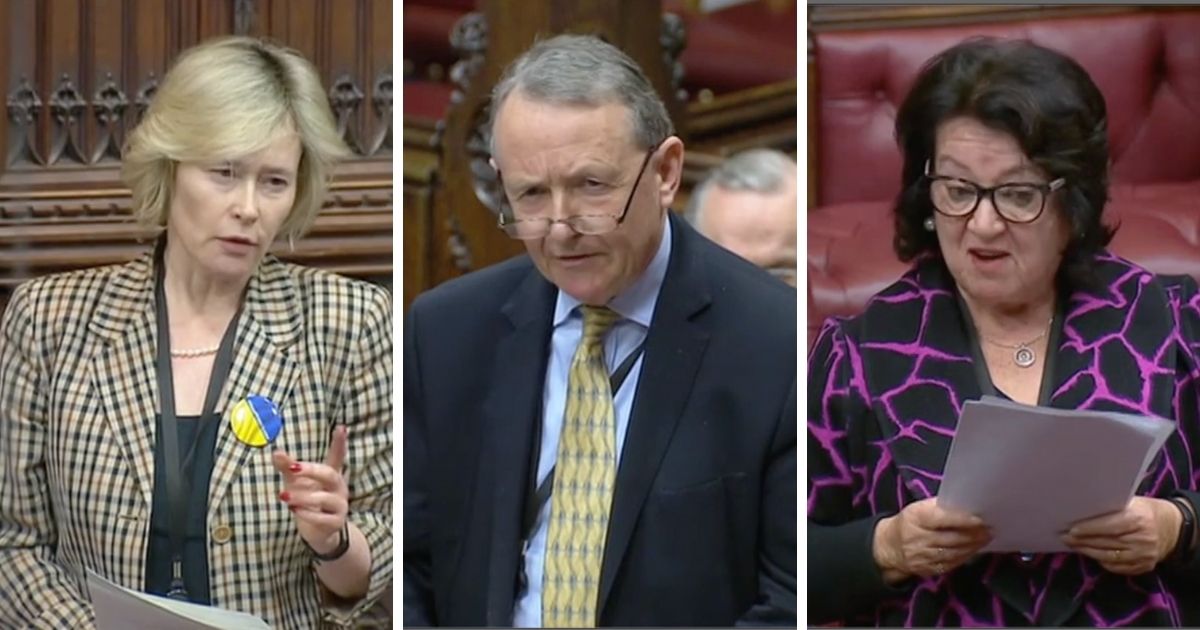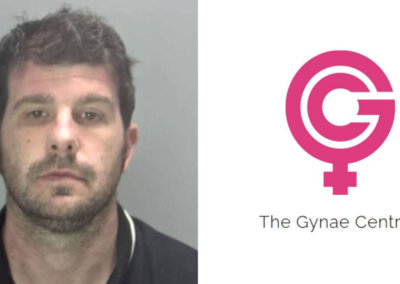An amendment to make ‘DIY’ abortion services available permanently was passed on Thursday morning at 1 a.m. after confusion among Liberal Democrat peers about whether or not they had a free vote.
Baroness Sugg’s amendment, which passed by 75 votes to 35, had 36 Liberal Democrat peers vote in support of it. Only one Liberal Democrat voted against it.
During the debate, Baroness Smith of Newnham revealed that there was confusion as to whether or not Liberal Democrats had to vote in accordance with the Party Whip who supported the amendment.
She said: “I am told that I am not whipped to vote for this amendment, even though the Liberal Democrat Whip is to support the amendment—those of us who have a conscience reason not to support the amendment do not have to do so. I take that as being not a free vote, which is why I was of the view that, nevertheless, we were being whipped. Make of that what you will. I shall be voting against the amendment, unless the Minister can clarify certain points”.
Lord Alton of Liverpool also claimed that he “was sent a document earlier on saying that there would be a Whip and that people should vote “Content” for this amendment”.
A Liberal Democrat Peer asserted to the contrary that it was not whipped and there was a free vote. Whether or not there was a Party Whip, all but one Liberal Democrat peers voted to make ‘DIY’ abortion a permanent feature of the law, thereby ensuring the vote passed.
Coercion, abuse and missed diagnosis
Baroness Sugg introduced the amendment early in March after the Government announced that the temporary provision to make early abortion available entirely outside of a clinical setting would come to an end in August. The amendment will now be debated in the House of Commons.
A number of peers spoke out against the amendment. Their concerns were summed up when Baroness Eaton said: “[T]he lack of in-person consultation increases risks of potentially life-threatening conditions being missed, pills being prescribed beyond the 10-week limit, more women being coerced into a home abortion against their wishes and pills being obtained fraudulently”.
A number of peers emphasised that the Government had said that ‘DIY’ abortions would be a temporary measure with Earl Howe speaking for the Government saying that he amendment was “not the appropriate way to achieve the intended policy objectives” because it undermined the Health Secretary’s decision.
70% of those who responded to the Government consultation on ‘DIY’ abortion said that it should end immediately.
Lord Alton also drew attention to the risks associated with ‘DIY’ abortion saying: “Some 70% of those who responded [to the Government consultation on DIY abortion] said that it should end immediately. The consultation highlighted increasing safeguarding risks and “concerns about coercion”. Reinforcing that point, last weekend, BBC “Newsbeat” reported that 15% of women in a Savanta ComRes survey said that they had experienced pressure to terminate a pregnancy. Some women reported being given substances to cause an abortion without their consent”.
“ComRes poll, 86% of GPs surveyed across the UK were concerned about women having a medical abortion past the legal limit of 10 weeks gestation. Concern was highest among female doctors, at 91%”.
“Six in seven GPs were concerned that the policy could see more women being coerced into abortion. Some 86% were concerned that women were at risk of being coerced into an abortion by a family member or partner, and 87% were concerned that women were at risk of unwanted abortion arising from domestic abuse by partners controlling or monitoring their actions”.
Lord Alton also alluded to evidence which suggested that more than 10,000 women had to receive hospital treatment following the use of medical abortion pills in England between April 2020 and September 2021.
Right To Life UK spokesperson, Catherine Robinson, said: “The Government’s decision to end ‘DIY’ abortion was both sensible and evidence-based in light of the manifest dangers posed by removing in-person consultations from the abortion process entirely. The evidence from the past two years has been unambiguous in terms of the threat to women. Not only is there a high rate of complication and need for further medical treatment, but coercion and abuse are more or less impossible to predict”.
“Baroness Sugg’s amendment represents the triumph of ideology over reason and compassion. There are no discernible benefits to removing abortion from a clinical setting entirely and many serious problems. It is extremely disappointing that the House of Lords approved this amendment”.












